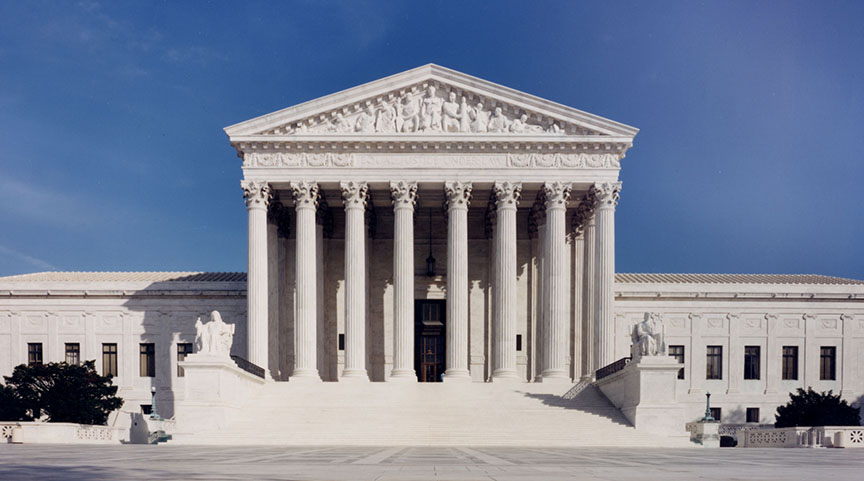The direct result of conquest is to obtain
jurisdiction over the territory. The
U.S. Supreme Court has recognized that the conqueror/liberator is the (principal) occupying
power, and is responsible for conducting the military occupation.
The following decisions are exceedingly illustrative:

In U.S. v. Wong Kim Ark, 169 U.S. 649 (1898), the Justices held that:
In Dooley v. U.S., 182 U.S. 222 (1901), the Justices held that:
In Fleming v. Page, 50 U.S. 603 (1850), the Justices held that:
Again in Fleming v. Page, 50 U.S. 603 (1850), the Justices held that:
In U.S. v. Chaves, 159 U.S. 452 (1895), the Justices held that:
In Dorr v. U.S., 195 U.S. 138 (1904), the Justices held that:
'The power of governing and of legislating for a territory is the inevitable consequence of the right to acquire and to hold territory.'
. . . . .
And later, the same eminent judge, delivering the opinion of the court in the leading case upon the subject (American Ins. Co. v. 356 Bales of Cotton, 1 Pet. 511, 542, 7 L. ed. 242, 255), says:
'The Constitution confers absolutely on the government of the Union the powers of making war and of making treaties; consequently that government possesses the power of acquiring territory, either by conquest or by treaty.
'The usage of the world is, if a nation be not entirely subdued, to consider the holding of conquered territory as a mere military occupation, until its fate shall be determined at the treaty of peace.'
In MaCleod v. U.S., 229 U.S. 416 (1913), the Justices held that:
